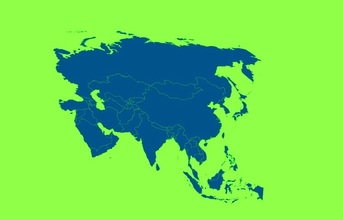
The growth outlook for Central Asia has been downgraded in both 2015 and 2016 to 3.2% and 3.7% from 3.3% and 4.2%, respectively, as continued low commodity prices, particularly oil and gas, and the slow recovery in the Russian Federation remain a drag on economic performance.
Energy importers such as Armenia, Georgia, the Kyrgyz Republic, Tajikistan, and Uzbekistan are seeing a slowdown in domestic consumption as a result of lower remittances, particularly from the Russian Federation.
Pacific economies are also seen posting growth below ADB's September Update estimates, with delays in several large investment projects undermining growth prospects for Timor-Leste, and weak commodity prices causing revenue shortfalls for Papua New Guinea, which is weighing on the government's public spending plans. For 2015, growth for the subregion is now seen at 6.3% from 6.7% in the September Update, and at 3.8% in 2016 from 3.9% previously.
ADB, based in Manila, is dedicated to reducing poverty in Asia and the Pacific through inclusive economic growth, environmentally sustainable growth, and regional integration. Established in 1966, it is owned by 67 members—48 from the region. In 2014, ADB assistance totaled $22.9 billion, including cofinancing of $9.2 billion.
END


























